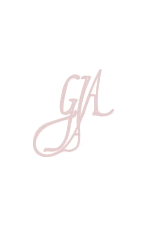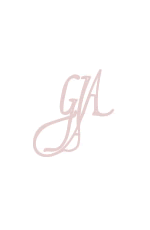- |
User Links
Take, O Take Me As I Am
Hymn Information
- First Line
- Take, O take me as I am
- Author
- John L. Bell, b. 1949
- Tune Name
- TAKE ME AS I AM
- Composer
- John L. Bell, b. 1949
- Topic
- Holy Spirit · Occasional Services: Dedication of Holy Living · Occasional Services: Ordination/Installation
Copyright Information
- Text Copyright
- © 1995 Wild Goose Resource Group, Iona Community, Scotland, GIA Publications, Inc., exclusive North American agent
- Tune Copyright
- © 1995 Wild Goose Resource Group, Iona Community, Scotland, GIA Publications, Inc., exclusive North American agent
- Reprint/Projection Information
- Words and Music: Permitted with a license from OneLicense.net. If you do not own this license, please contact the copyright holder for permission.
Scripture References
Confessions and Statements of Faith References
Further Reflections on Confessions and Statements of Faith References
The Canons of Dort V, 13 explain that our assurance of eternal security and perseverance cannot “produce immorality or lack of concern for godliness in those put back on their feet after a fall, but it produces a much greater concern to observe carefully the way which the Lord prepared in advance” and it is “an incentive to a serious and continuous practice of thanksgiving and good works...” (Canons of Dort V, 12) Therefore, this sub-section contains songs which express both the desire and the commitment of the believer to walk in obedience for holy living. Woven throughout these songs are expressions of fervent desire for holy living, a dedication to follow God’s will, a surrender of one’s will, and prayers for the Holy Spirit to continue his sanctifying work.
Take, O Take Me As I Am
Introductory/Framing Text
Additional Prayers
Take, O Take Me As I Am
Tune Information
- Name
- TAKE ME AS I AM
- Key
- D Major
- Meter
- 7.7.7.4


 My Starred Hymns
My Starred Hymns




